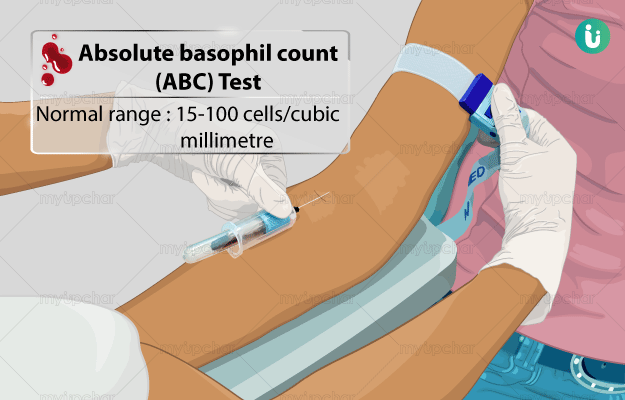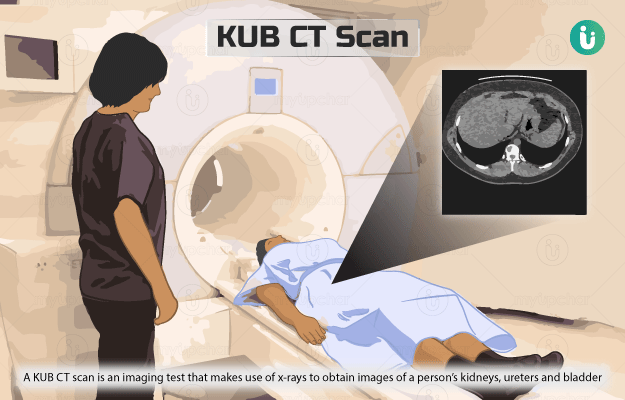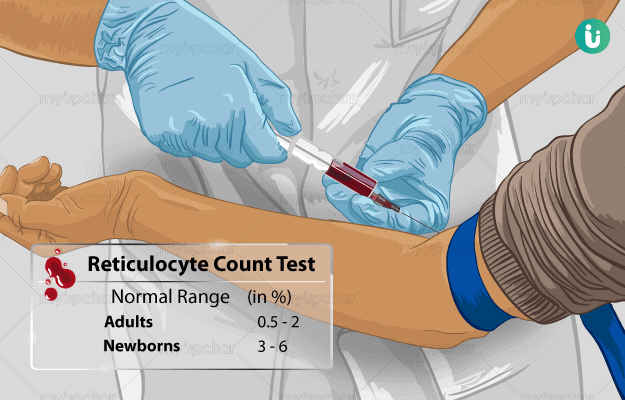What is Absolute Basophil Count (ABC) test?
The absolute basophil count test is done to determine the number of basophil in your blood. Basophils are a type of white blood cells that are produced in the soft tissue inside bones - the bone marrow.
They are responsible for protecting the body against parasitic infections. Basophils also play a role in mediating allergic inflammation.
Whenever your body is injured or infected, or when an allergen enters your body, your immune system activates basophils. Basophils release chemicals such as histamines, which induce allergic reactions and/or inflammation in tissues.
A basophil count can be used to study any infections, allergies and chronic inflammation as their numbers increase during all these conditions.














